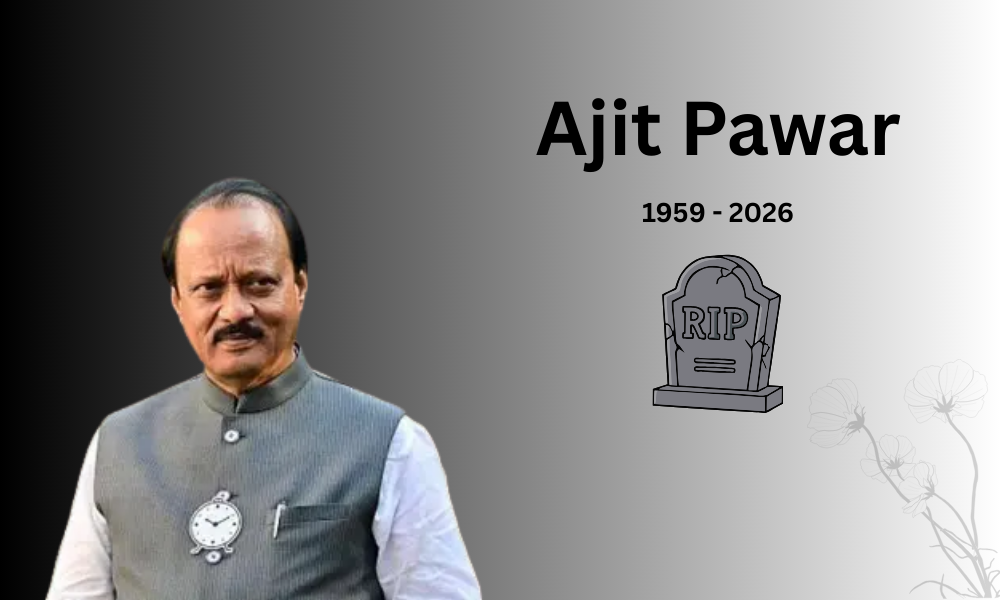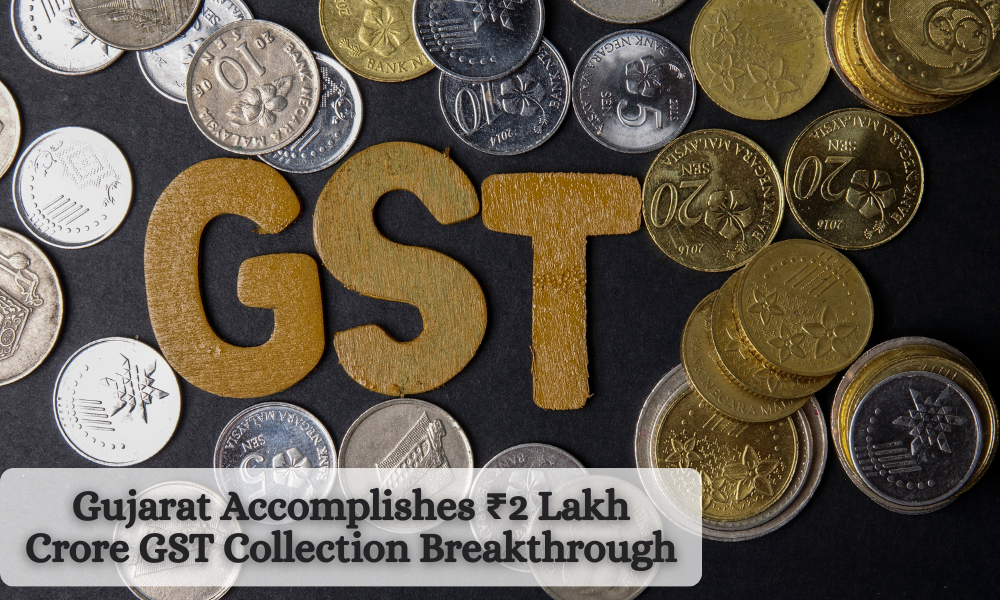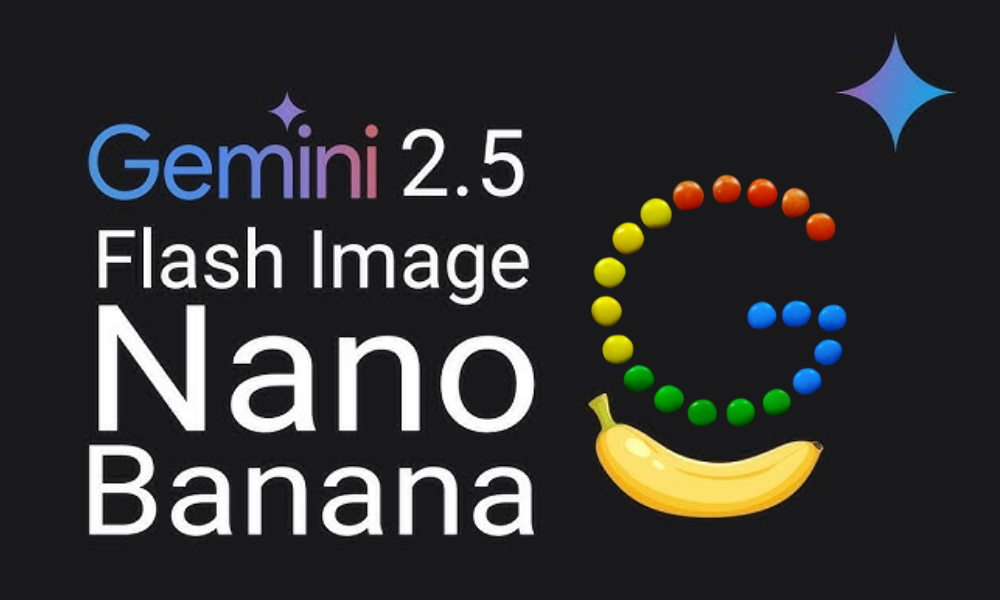Careful Eating vs. Quick Living: The Nourishment Culture Clash
It’s Monday morning. You’re surging to work, coffee in one hand, phone in the other, half a sandwich stuffed into your sack. Breakfast? Discretionary. Lunch? Possibly afterward. Supper? Let’s see what the nourishment conveyance app recommends at 10 p.m.
Sound familiar?
This is what I call quick living the way of life that clears out small room for astute choices, particularly around nourishment. However, in the same world, we’re too seeing a rising development of careful eating people abating down, savouring each chomp, and turning dinners into customs of self-care.
The clash between these two societies says a part around who we are, what we esteem, and how we treat our bodies.
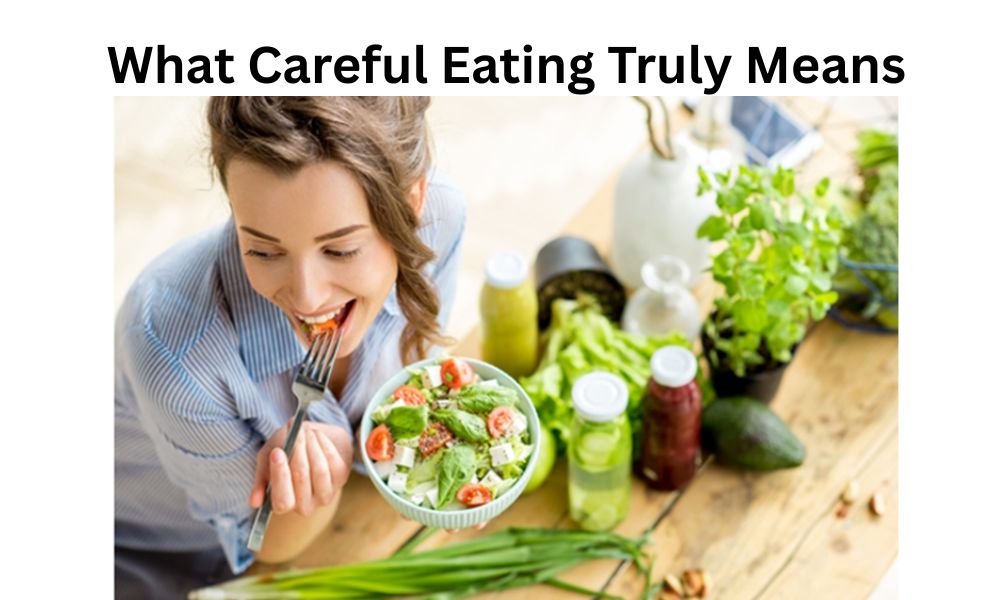
The Rise of Quick Living
We live in the age of easy routes. Comfort rules everything fast Wi-Fi, quick design, quick nourishment. If it doesn’t spare time, it feels outdated.
Food has ended up one of the greatest casualties of this speed fixation. Think almost it:
- Delivery apps guarantee dinners in 10 minutes or less.
- Snack culture has supplanted conventional meals energy bars, protein shakes, “on-the-go” bites.
- Work culture lauds skipping lunch, fulfilling those who control through starvation with additional hours of productivity.
But here’s the catch 22: indeed, as we spare time with speedy suppers, we frequently feel less fed and more drained.
Fast living doesn’t fair alter how we eat it changes how we think around eating. Nourishment gets to be fuel, not an experience.
What Careful Eating Truly Means
Mindful eating isn’t around diets, limitations, or rules. It’s approximately paying attention to what you eat, how you eat, and how it makes you feel.
At its centre, careful eating says:
- Put the phone down.
- Notice the taste, surface, and scent of your food.
- Listen to your body’s signals hunger, completion, satisfaction.
- Eat with purposeful, not distraction.
It’s less approximately what you eat and more almost how you eat. Indeed, a cut of pizza can be careful if you savour it, instep of breathing in it whereas replying emails.
The logic comes from Buddhist hones but has found unused life in advanced wellness culture. For numerous, it’s not fair almost health it’s almost recovering minutes of calm in a loud, surged world.
Why the Clash Exists
The issue? Quick living and careful eating don’t play well together.
Imagine a day stuffed with back-to-back gatherings, perpetual notices, and activity jams. Who has the extravagance to plate nourishment flawlessly, chew gradually, and reflect on each flavour?
Modern society tells us to optimize time, but careful eating inquires us to extend time. One celebrates speed, the other celebrates slowness.
And however, individuals are longing for mindfulness accurately since life has gotten to be so quick. It’s no mishap that careful eating picked up footing in the same decade nourishment conveyance apps detonated. It’s our way of pushing back against burnout.
The Covered up Costs of Quick Living
Let’s be real fast nourishment and comfort suppers aren’t going anyplace. They serve a reason. But the covered up costs are heaping up:
- Health Issues
Overeating, destitute assimilation, weight, and stress-related sicknesses are all connected to diverted, surged eating.
- Emotional Disconnect
Fast eating victimizes us of the basic delight of dinners. Nourishment stops being consolation or culture it’s fair another errand checked off the list.
- Cultural Erosion
Many societies treat suppers as sacred an Italian family supper, a Japanese tea ceremony, an Indian thali shared together. When we eat quick and alone, we lose that heritage.
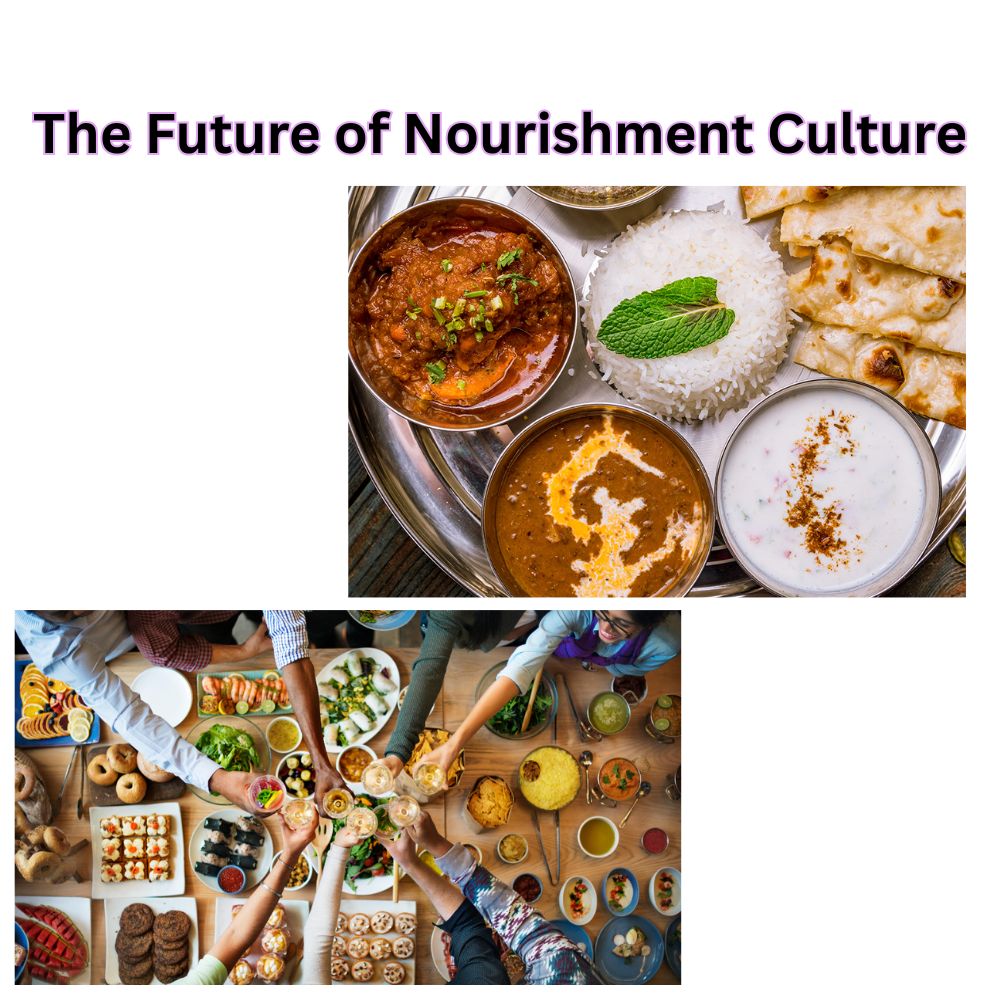
Why Careful Eating Things More Than Ever
Mindful eating isn’t fair a trend it’s a reaction to survival in a digital-first world.
- For Mental Wellbeing: Delaying to appreciate nourishment can be a shape of reflection, bringing down stretch and anxiety.
- For Physical Wellbeing: Slower eating makes a difference assimilation, anticipates indulging, and equalizations blood sugar.
- For Association: Shared careful dinners bring back discussions, chuckling, and human presence.
Think around the final time you ate with companions and genuinely tasted the nourishment. That memory likely feels wealthier than the handfuls of suppers you scarcely taken note final week.
Finding Adjust: Viable Ways to Eat Mindfully in a Quick World
Here’s the great news: you don’t require to stopped your work or forsake comfort to eat mindfully. Little shifts can make huge impact.
- One Device-Free Supper a Day
Pick breakfast, lunch, or dinner no screens permitted. Fair you and your food.
- Chew More, Surge Less
Studies appear chewing 20–30 times per nibble moves forward absorption and strengths you to moderate down.
- Portion with Intention
Serve nourishment on a plate instep of eating straight from holders or packs. Visual prompts matter.
- Practice Appreciation Some time recently Eating
A 5-second stop to appreciate your feast rewires your Mindset.
- Blend Quick and Mindful
Even if you arrange takeout, you can plate it pleasantly, sit down, and appreciate it mindfully. Quick nourishment doesn’t have to cruel thoughtless food.
The Future of Nourishment Culture
So where are we headed towards quick living or careful eating?
The truth is, likely both. Innovation will keep pushing comfort (AI-driven supper plans, ramble conveyance, moment nourishment). But at the same time, more individuals will look for adjust through ceremonies like careful eating, moderate nourishment developments, and communal eating experiences.
The victors in this nourishment culture clash will be those who learn to consolidate speed with nearness. Perhaps the future isn’t choosing one side it’s finding harmony.
Conclusion
Fast living gives us effectiveness, but careful eating gives us meaning. One keeps us moving, the other keeps us human.
In the conclusion, nourishment isn’t fair around calories it’s around association: to our bodies, our culture, and to each other.
So the following time you surge a supper, inquire yourself: Am I nourishing my starvation, or am I nourishing my life?
Because now and then, the slowest suppers are the ones that really feed us.


